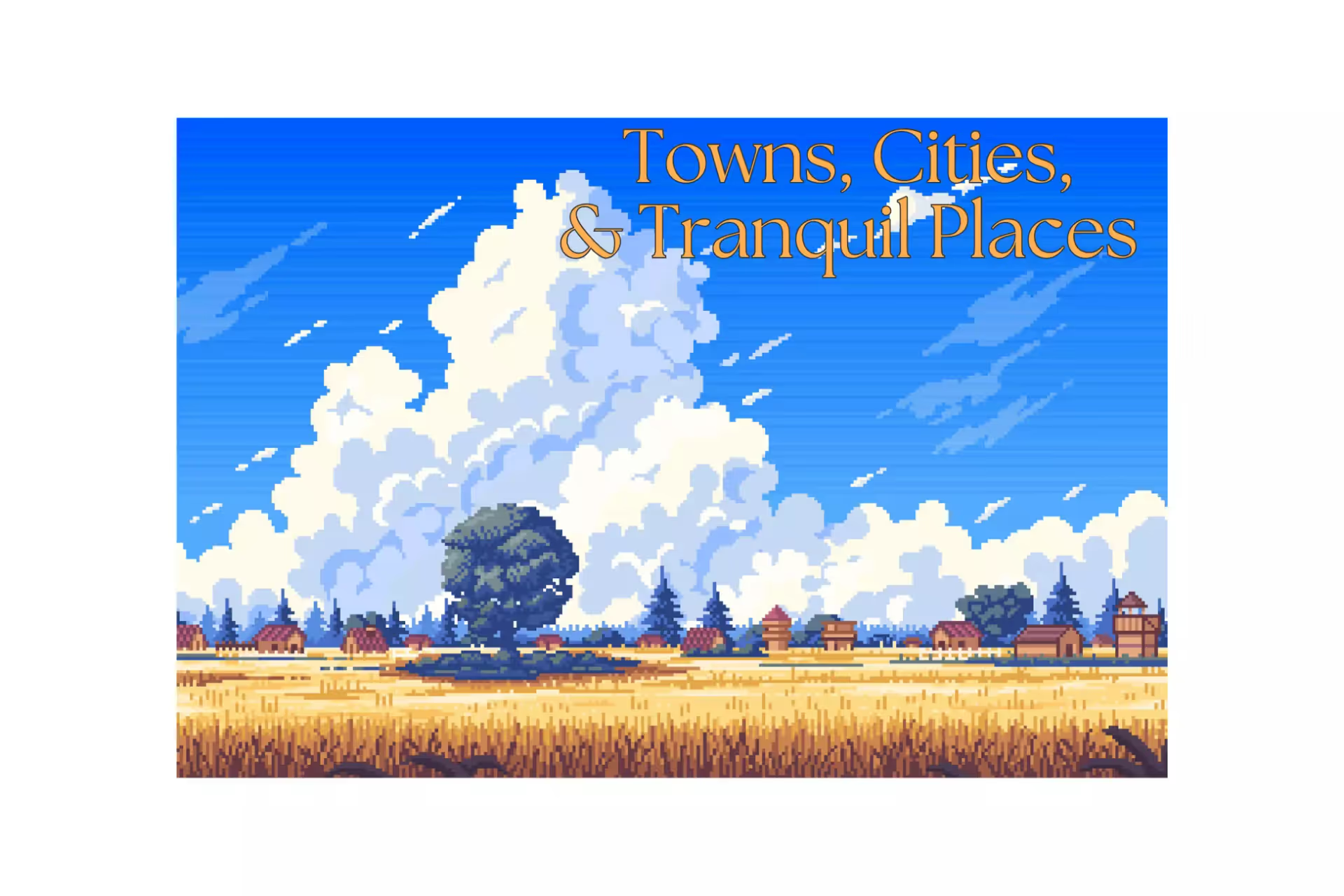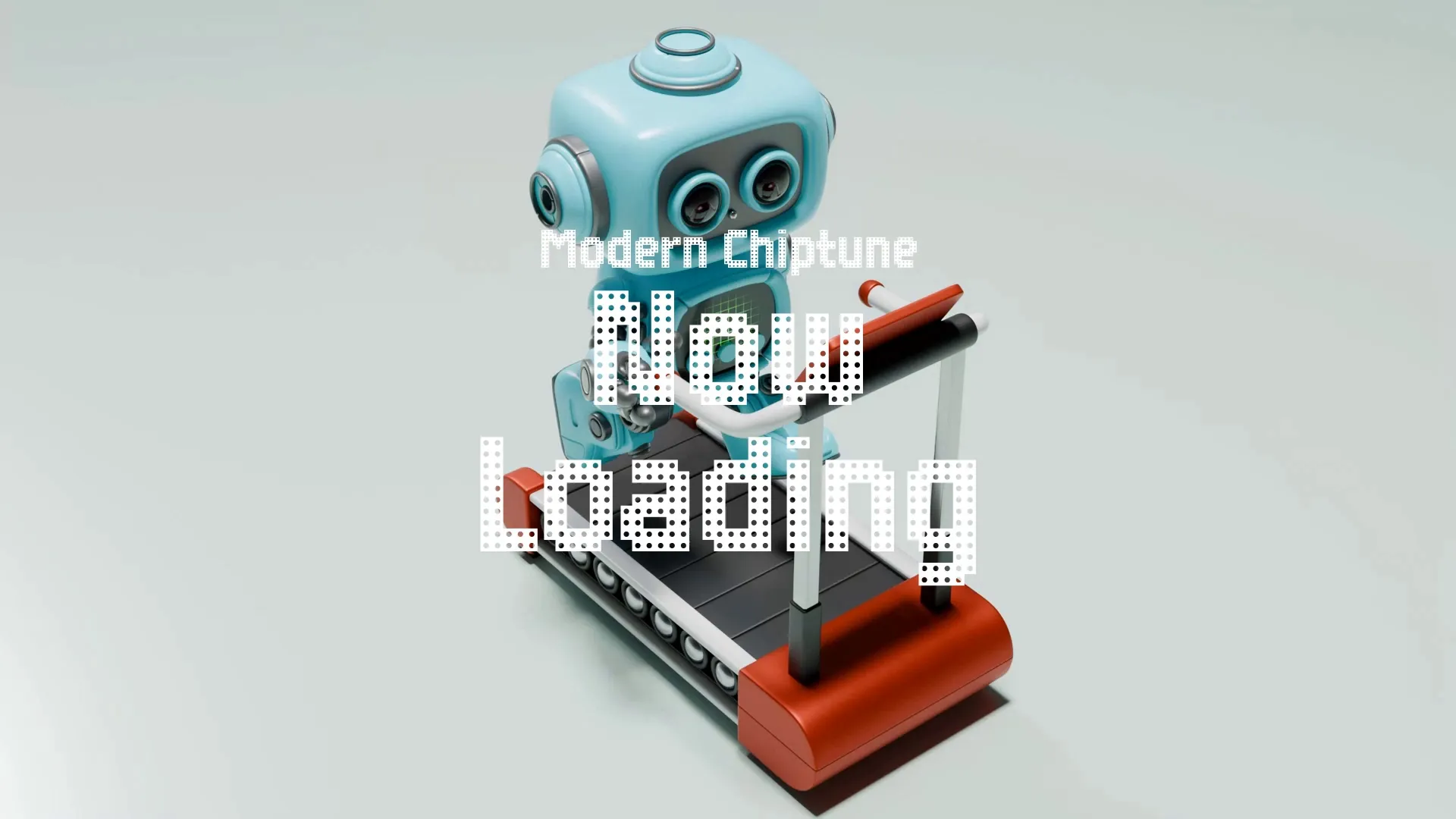Integrating Third-Party Game Engine Tools: A Legal & Licensing Guide for Indie Devs
Integrating third-party tools into your game engine can significantly enhance development efficiency and game quality. However, indie developers often overlook the critical legal and licensing considerations involved. Understanding these aspects is crucial to protect your project from future disputes and financial burdens. This guide provides a clear roadmap for navigating the complexities of third-party tool integration.
Understanding License Types and Their Implications
Before integrating any third-party tool, familiarize yourself with its licensing model. Licenses dictate how you can use, modify, and distribute the tool within your game. Common license types include proprietary, open-source (e.g., MIT, GPL, Apache), and freeware with specific usage terms.
Proprietary licenses typically involve a direct purchase or subscription, granting you specific rights for a defined period or project. Always review the End-User License Agreement (EULA) thoroughly to understand any restrictions, such as limitations on commercial use or distribution. Open-source licenses offer more flexibility but come with their own set of obligations, particularly regarding attribution and derivative works.
Some open-source licenses, like the GPL, can be ‘viral,’ meaning your game might also need to be open-source if it incorporates GPL-licensed code. This can be a significant concern for commercial indie games. Conversely, permissive licenses like MIT or Apache allow broader use in proprietary projects without extensive reciprocal obligations. Always verify the specific version of an open-source license, as terms can vary.
Common Legal Pitfalls to Avoid
One major pitfall is failing to read the license agreement in its entirety. Developers might assume a tool is ‘free’ without understanding its commercial use restrictions or royalty requirements. Another common mistake is integrating tools with conflicting license terms, especially when combining different open-source components.
Attribution requirements are frequently overlooked, leading to non-compliance that can expose your project to legal challenges. Be wary of tools that require you to share your game’s source code or impose unexpected revenue-sharing agreements. These clauses can severely impact your game’s commercial viability and intellectual property.
Lack of clear documentation for integrated assets and tools can also create problems during audits or disputes. Maintaining a comprehensive record of every third-party component and its associated license is a vital part of your asset pipeline for game development.
Due Diligence: Best Practices for Indie Devs
Start by thoroughly researching each tool and its developer before integration. Look for official documentation regarding licensing terms and support channels. When evaluating game engines themselves, understanding their licensing can be a precursor to integrating tools; for a deeper dive into engine choices, consider reading Unity vs. Unreal vs. Godot: Choosing Your Engine in 2025.
Create a dedicated ‘legal ledger’ for your project, documenting every third-party tool, its license type, the date of integration, and any specific obligations (e.g., attribution, royalty payments). This practice is crucial for game asset management tools and all other external components. For complex projects, managing these details can be overwhelming; a robust task tracker like Momentum can help you organize and track all legal review tasks effectively.
If a license seems ambiguous or overly complex, seek clarification directly from the tool’s developer or consult with a legal professional. Never make assumptions about usage rights. For open-source tools, check the project’s repository and community forums for discussions on licensing interpretations.
Consider the long-term implications of a tool’s license. What happens if the developer stops supporting it, or changes their licensing terms in the future? While impossible to predict entirely, choosing tools from reputable sources with clear, stable licensing models can mitigate some risks. Regularly review your dependencies, especially if you update or migrate your game engine, as new versions might introduce different licensing terms.
Conclusion
Integrating third-party game engine tools offers immense benefits to indie developers, but it demands careful attention to legal and licensing details. Proactive due diligence, meticulous record-keeping, and a clear understanding of license types are essential to safeguard your game and your business. By prioritizing these legal aspects from the outset, you can confidently leverage external tools to build, design, and ship your games faster, while maintaining consistent progress and quality. Don’t let legal oversights derail your creative vision; empower yourself with knowledge and best practices.
Create a free account, or log in.
Gain access to free articles, game development tools, and game assets.























